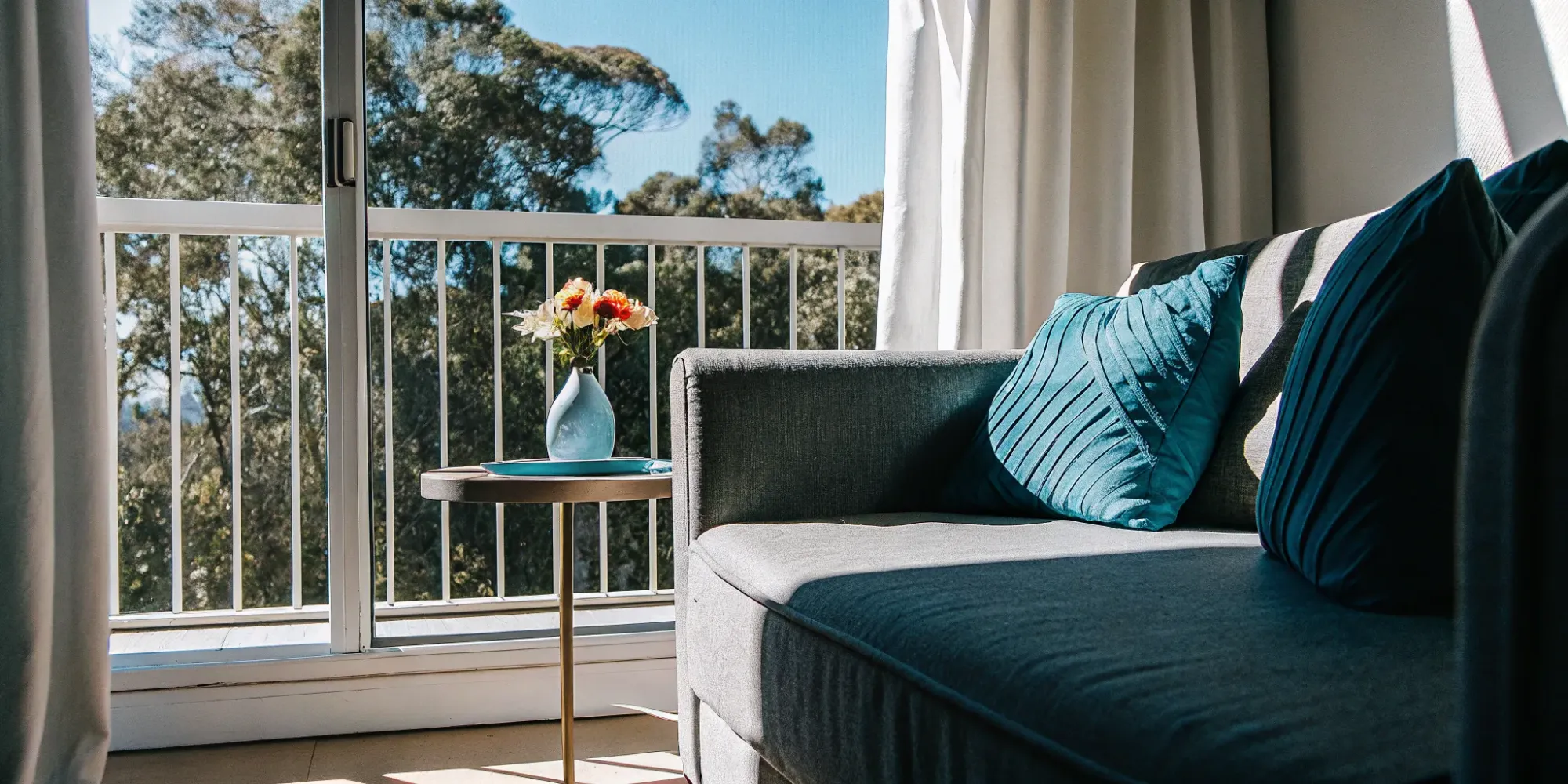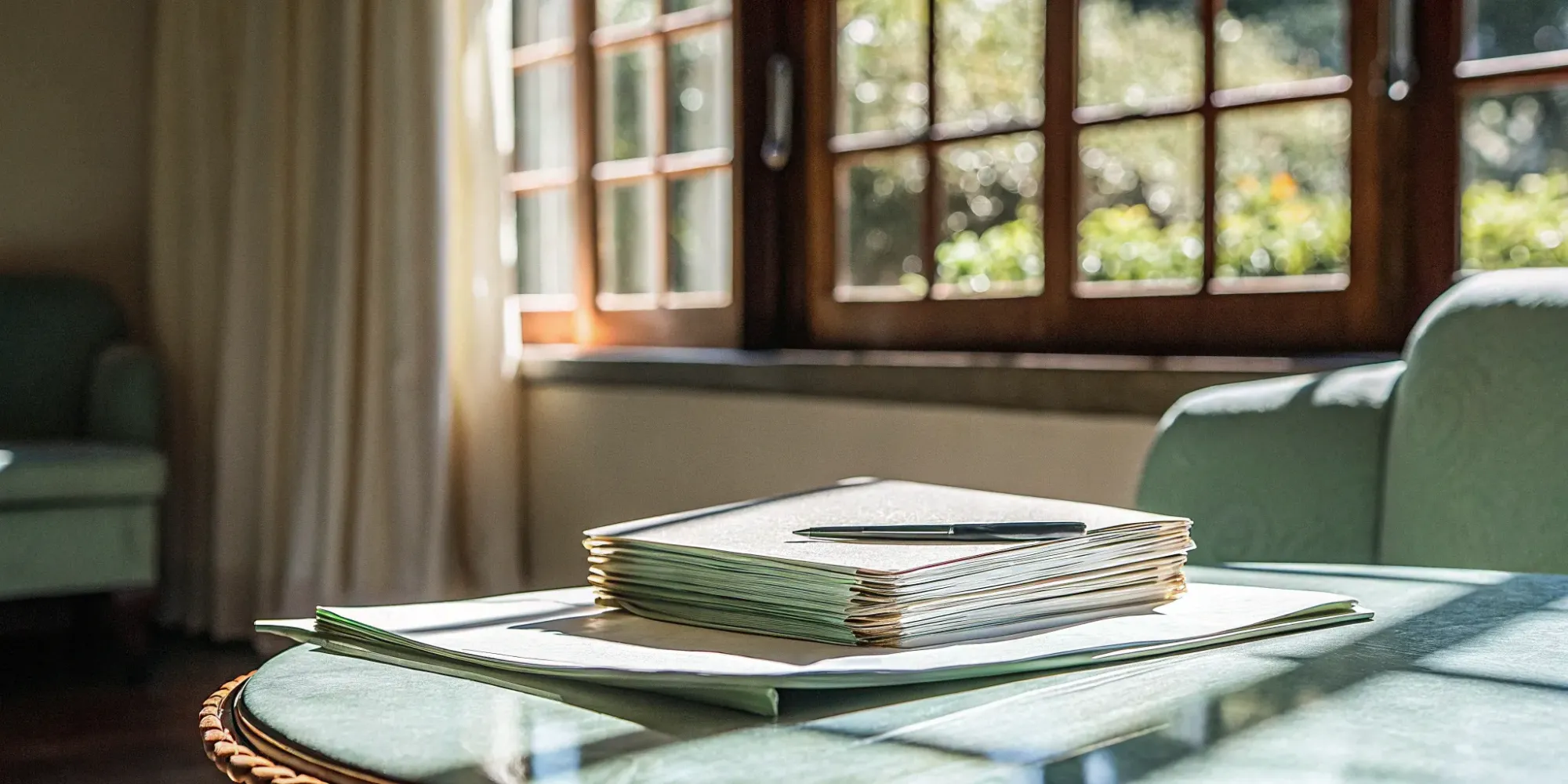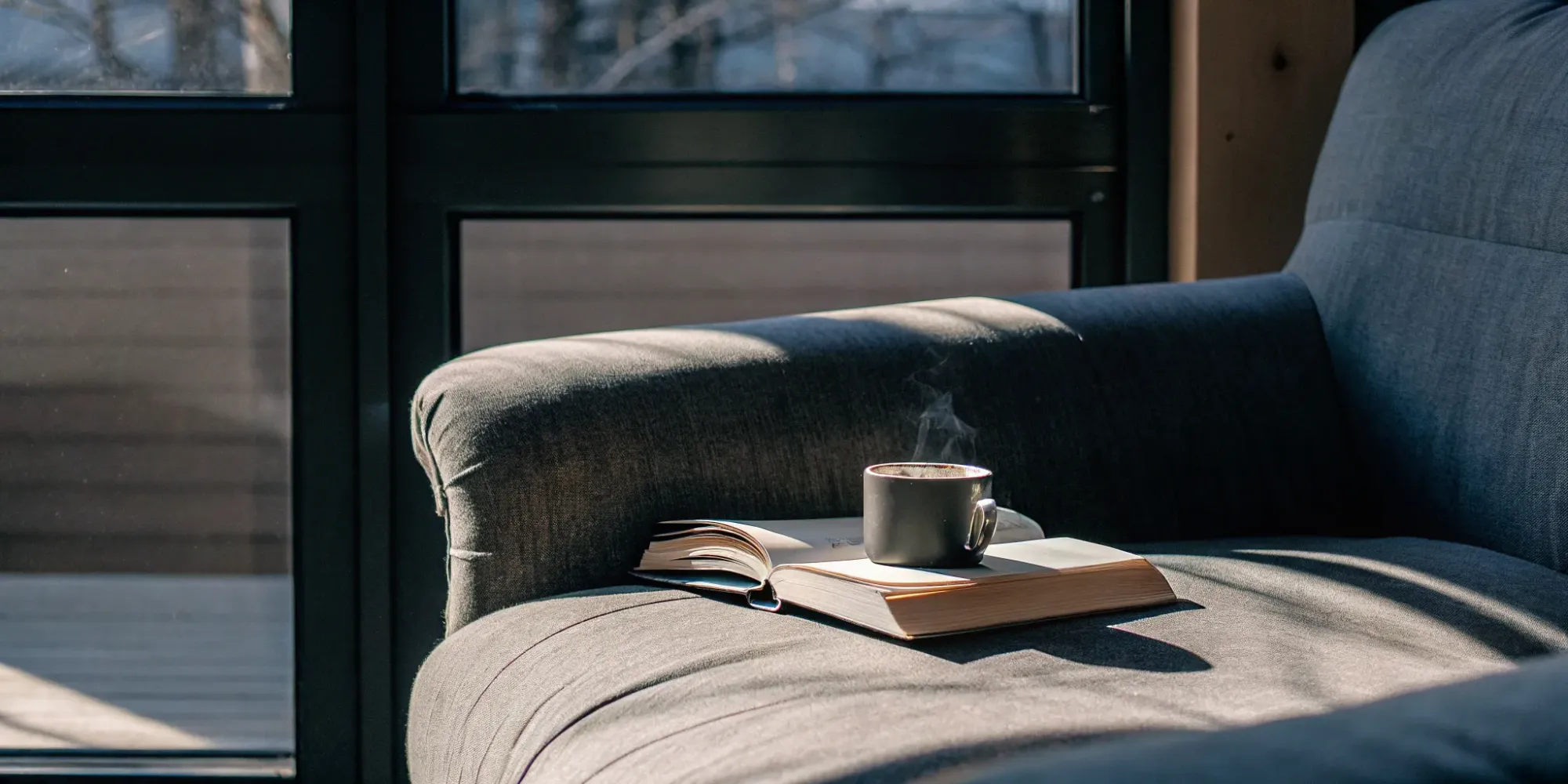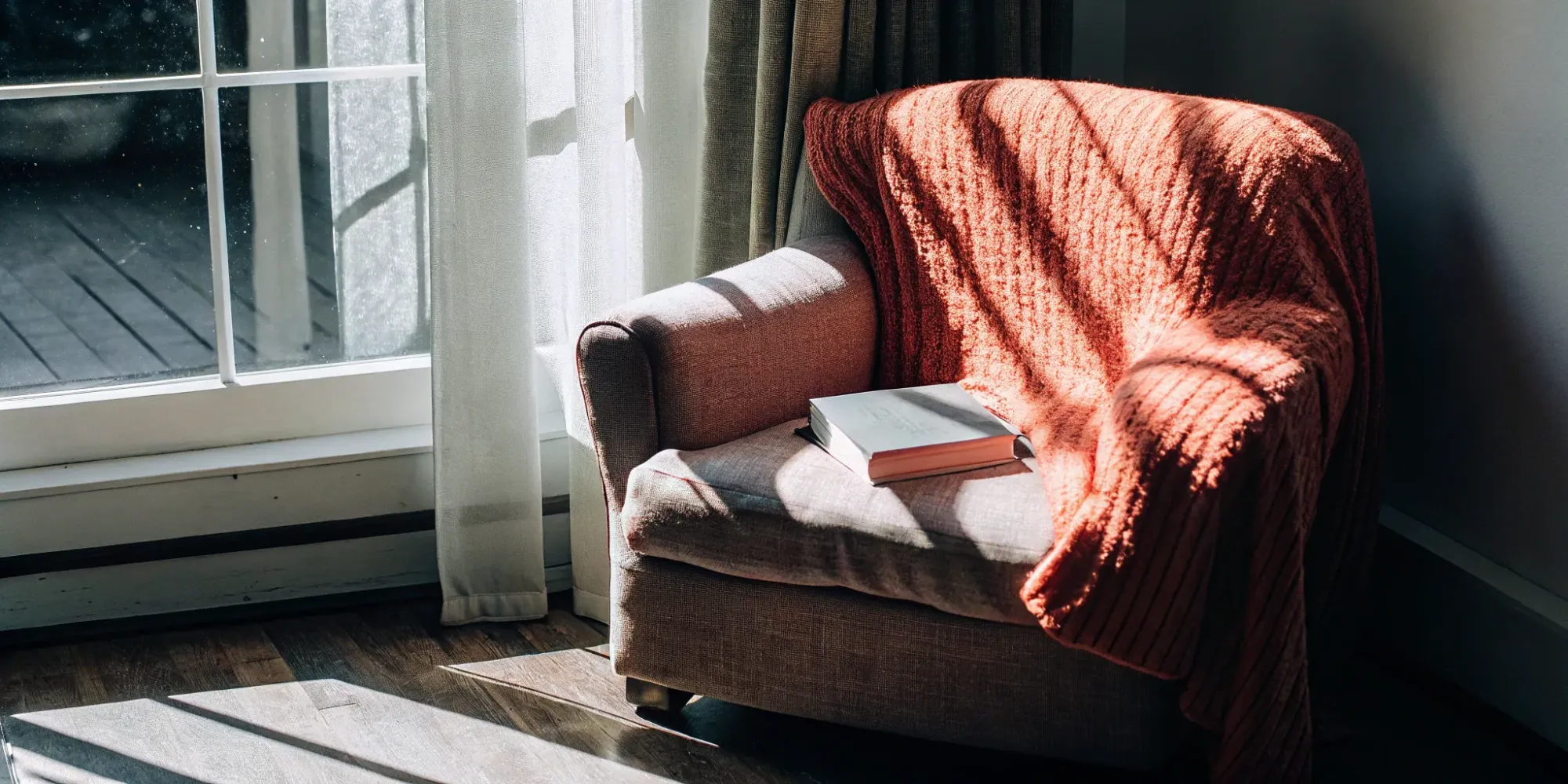Renters Insurance in Louisiana: A Complete Guide
3 Jul 2025 • 12 min read

Let’s be honest, renters insurance can feel like just another line item on your budget. When you’re already paying rent, utilities, and saving for your goals, it’s easy to ask if it’s truly necessary. In a state like Louisiana, the answer is a resounding yes. It’s more than just a box to check on your lease agreement; it’s a financial safety net for your belongings and your peace of mind. From unexpected storm damage to a simple kitchen fire, life happens. This guide will walk you through everything you need to know about rental insurance in Louisiana, helping you understand what it covers, how much it costs, and how to choose a policy that genuinely protects you without breaking the bank.
Key Takeaways
- Know Your Weather Coverage: Standard renters insurance in Louisiana typically covers hurricane wind damage but excludes flooding. You'll need a separate flood policy to be fully protected, so always confirm the specifics before a storm hits.
- Inventory Your Belongings for an Accurate Quote: The best way to get the right amount of coverage without overpaying is to create a home inventory. This helps you accurately estimate the value of your possessions and ensures you get a policy that truly fits your needs.
- Look Beyond Property Coverage: Your policy is a financial safety net that also includes personal liability and loss of use. This protects you if a guest is injured in your home and helps pay for temporary housing if your rental becomes unlivable.
What to Know About Renters Insurance in Louisiana
Getting a handle on renters insurance can feel like a chore, but it’s one of the smartest financial moves you can make as a renter in Louisiana. Think of it as a safety net for your stuff and your savings. It’s typically very affordable and can save you from a world of financial stress if something unexpected happens. Before you start shopping for a policy, let’s walk through the basics of what renters insurance is, what it covers (especially with Louisiana’s unique weather), and some common myths you can ignore.
What is Renters Insurance and Why It's a Must-Have
At its core, renters insurance is straightforward protection for you and your belongings. It’s not your landlord’s responsibility to cover your personal items; their insurance only covers the building itself. Your policy has two main jobs. First, it provides personal property coverage, which helps you replace your things—like your laptop, furniture, and clothes—if they’re damaged or stolen. Second, it includes liability coverage. This protects you financially if someone is injured in your apartment and decides to sue you. The Louisiana Department of Insurance highlights these coverages as essential for protecting your assets and giving you peace of mind. It’s a must-have layer of security for any renter.
Covering Your Stuff from Hurricanes, Floods, and More
Living in Louisiana means dealing with the threat of serious weather, so it's critical to know what your policy covers. A standard renters insurance policy will typically cover damage from wind and hail caused by a hurricane. However, it almost never covers damage from flooding. For that, you’ll need a separate flood insurance policy. It’s a common point of confusion, but understanding this distinction is key to being properly protected. Always read your policy’s exclusions carefully to see what is and isn’t covered. Don’t wait until after a storm to find out you don’t have the protection you need for your belongings.
Common Renters Insurance Myths (and the Truth)
There are a lot of misconceptions about renters insurance that cause people to skip it. One of the biggest myths is that it’s too expensive. In reality, a good policy often costs less than a few lattes per month. Another common belief is that you don’t need it if you don’t own much. But when you add up the cost to replace everything from your phone to your mattress, it’s likely more than you think. Some renters also assume their landlord’s policy protects them, which is false. While your landlord might require you to have a policy, it’s ultimately for your benefit, protecting your property and shielding you from liability claims.
How Much Does Louisiana Renters Insurance Cost?
Let's talk numbers. While Louisiana law doesn't require you to have renters insurance, your landlord most likely does—it’s a standard clause in many lease agreements. When you start looking for a policy, you’ll notice that rates in the Pelican State are a bit higher than elsewhere. The average cost of renters insurance in Louisiana is about $504 a year, which breaks down to around $42 per month. For comparison, the national average is closer to $263 annually, or about $22 per month.
This higher cost is largely due to the state's exposure to natural disasters like hurricanes, which increases the risk for insurance providers. But don't let that number scare you off. Think of renters insurance as a financial safety net. For a relatively small monthly fee, you're protecting all your personal belongings—from your laptop to your sofa—from unexpected events like theft, fire, or a burst pipe. It also provides liability coverage, which is crucial if someone gets injured in your home. Knowing the average cost is just the starting point; your actual premium will depend on a few key factors, which gives you some control over the final price.
What Determines Your Premium?
So, what exactly goes into calculating your monthly premium? It’s not a random number. Insurance companies look at several things to determine your rate. Your location is a big one; living in an area with higher crime rates or more frequent storm claims can mean a higher premium. The amount of coverage you choose also plays a major role. Interestingly, the amount of personal property coverage you select usually has a bigger impact on your cost than your liability limit. To get this number right, it’s a great idea to create a home inventory to accurately estimate the value of your belongings. This helps ensure you’re not over- or under-insured.
Key Coverage to Look For
When you get a renters insurance quote, it’s not just one big bucket of coverage. A standard policy is typically made up of a few key parts. First, there's personal property coverage, which protects your stuff if it's stolen or damaged by a covered event. Then you have loss of use, which is a lifesaver if your apartment becomes unlivable due to something like a fire; it helps pay for temporary housing and other extra living expenses. Personal liability protects you financially if you're held responsible for injuring someone or damaging their property. Finally, medical payments to others covers smaller medical bills for guests injured at your place, no matter who's at fault. Understanding these coverage options helps you see exactly what you're paying for.
Simple Ways to Save on Your Policy
Since Louisiana premiums are on the higher side, finding ways to save is key. Luckily, there are some simple strategies you can use. One of the most effective is to bundle your policies. If you have car insurance, check with your provider to see if they offer a discount for adding a renters policy. Another easy win is to pay your premium annually instead of monthly. Many companies offer a small discount for paying in one lump sum. Finally, don't just accept the first quote you get. Take the time to shop around and compare rates from different insurers. Every company calculates risk differently, so you can often find a better deal just by looking at a few options.
How to Choose the Right Renters Insurance Policy
Picking the right renters insurance policy feels like a big decision, but it doesn’t have to be overwhelming. It’s about more than just finding the lowest price; it’s about finding the coverage that truly fits your life and gives you peace of mind. When you start comparing your options, you’ll want to look closely at a few key details to make sure you’re getting a policy that will actually be there for you when you need it.
What to Compare in a Renters Policy
When you’re looking at different policies, the monthly premium is just one piece of the puzzle. You’ll also want to compare coverage limits for your personal property and personal liability. How much would it cost to replace all your stuff? Make sure your policy covers that amount. Also, check the deductible—the amount you pay out of pocket before your insurance kicks in. A lower deductible might mean a higher premium, but it could save you a lot of money if you have to file a claim. Every policy has specific exclusions or limitations, so always read the fine print to understand what isn’t covered.
Must-Have Features and Add-ons
A solid renters insurance policy should always include personal liability coverage. This is what protects you financially if a guest is injured in your apartment or if you accidentally damage a neighbor’s property. It’s a huge safety net that can prevent a simple accident from turning into a financial disaster. Another key feature is loss-of-use coverage, which pays for temporary housing if your rental becomes uninhabitable. For Louisiana residents, it’s smart to see if your policy includes hurricane coverage and to consider adding separate flood insurance, since standard policies typically don’t cover flood damage.
What Your Policy Might Not Cover
It’s just as important to know what your policy doesn’t cover. Understanding these limitations from the start helps you avoid any unwelcome surprises down the road. Most standard renters policies will not cover damage from floods or earthquakes—you’ll need to purchase that coverage separately. Damage caused by pests like termites or rodents is also a common exclusion. If you run a business out of your home or have particularly expensive items like fine jewelry or art, you may need to add special endorsements to your policy to make sure those are fully protected.
A Look at Top Renters Insurance Companies in Louisiana
Shopping for renters insurance can feel overwhelming with so many options on the table. Each company has a slightly different approach to coverage, cost, and customer service. To make it easier, we’ve gathered details on some of the top providers you might come across in your search. Looking at what each one offers can help you find a policy that fits your life and your budget. Remember to compare quotes and read the fine print to understand exactly what you’re getting before you commit.
Goodcover
While Goodcover is known for its fair and transparent approach to renters insurance, we aren't available in Louisiana just yet. Our model is built around providing affordable, high-quality coverage and returning unused premiums back to our members through our annual Member Dividend. We believe in putting our members first and creating a community built on trust. We are always working to expand our services, so we encourage you to check back with us for updates on when we might be coming to the Pelican State. We’re excited about the possibility of serving renters in Louisiana in the future.
Progressive
Progressive is a well-known name in the insurance world, and they offer straightforward Louisiana renters insurance policies. Their average monthly cost in the state is around $27, which comes out to about $323 per year. Their standard policies cover the essentials: your personal belongings, loss of use (which helps with living expenses if your place becomes uninhabitable), personal liability, and medical payments to others. This makes it a solid, all-around option for many renters. Progressive also offers discounts if you bundle your renters policy with another insurance plan, like auto, or if you choose to pay for your entire policy upfront.
Liberty Mutual
If you’re looking for an affordable starting point, Liberty Mutual advertises renters insurance quotes that can be as low as $5 a month, though your actual rate will depend on your specific needs and location. Their policies are designed to provide peace of mind by focusing on three core areas. You get coverage for your personal property, protection through personal liability, and help with medical payments if a guest is injured in your home. A standout feature is their blanket jewelry coverage, which offers an extra layer of protection for your valuables without needing to list each item individually, making it a great perk for those with small collections.
State Farm
State Farm often gets recognized for its competitive pricing. While it’s one of the cheapest options nationally, it’s important to see how that plays out locally. The average annual cost for renters insurance in Louisiana is significantly higher than the national figure, sitting at around $504. This highlights why getting a personalized quote is so important—state-wide risks like hurricanes can really influence prices. State Farm provides all the standard coverages you’d expect, so they are definitely a provider worth including when you’re comparing your options and gathering quotes for your Louisiana rental.
Allstate
Allstate is another major insurance provider you’ll likely encounter. They offer a full range of standard renters insurance coverages, including protection for your personal property, liability, and additional living expenses. While specific pricing and package details for Louisiana aren't always advertised upfront, Allstate is known for its extensive network of local agents. This can be a huge plus if you prefer a more personal, hands-on approach to managing your policy. We recommend reaching out directly to a local Allstate agent to get a detailed quote and learn more about the specific discounts and coverage options available to you as a Louisiana renter.
How to Get the Most from Your Renters Insurance
Getting a renters insurance policy is a great first step, but knowing how to use it effectively is what really gives you peace of mind. It’s about more than just paying a premium; it’s about making sure your coverage truly works for you when you need it most. From figuring out the right protection level to knowing exactly what to do when something goes wrong, a little prep work goes a long way. Let’s walk through how you can be confident that you and your belongings are properly protected.
Figure Out How Much Coverage You Really Need
Before you can pick the right policy, you need a clear picture of what you’re protecting. Take some time to create a home inventory of your belongings to figure out how much coverage you actually need. It might sound tedious, but it can be as simple as walking through your apartment with your phone, taking videos, and jotting down rough estimates for your furniture, electronics, clothes, and kitchenware. This process helps you avoid being underinsured. It also gives you a crucial record to have on hand if you ever need to file a claim. Understanding your policy's limitations is also key to making sure your personal possessions are adequately protected, especially for high-value items like jewelry or art that might require extra coverage.
What to Do When You Need to File a Claim
When something happens—like a pipe bursts or a thief breaks in—it’s easy to feel overwhelmed. The first thing to do is document everything. Take photos and videos of the damage from multiple angles. Then, contact your insurance provider as soon as possible to start the claims process. They’ll guide you through the next steps. It’s also important to remember your policy isn’t just for your stuff. Most policies include personal liability coverage, which protects you financially if a guest is injured in your home or if you accidentally damage a neighbor’s property. Knowing this is part of your policy can save you a major headache down the line.
Simple Tips to Make Sure You're Covered
Living in Louisiana means dealing with the risk of severe weather. It's a common myth that a standard renters policy covers everything, but that's not the case. Renters insurance usually doesn’t cover damages from floods or hurricanes unless you add specific coverage. Given the state's climate, it's wise to talk to your provider about adding a flood insurance policy or understanding what your hurricane deductible looks like. Don't let myths or assumptions leave you unprotected. Finally, make it a habit to review your policy once a year. If you’ve bought new furniture or a pricey laptop, you may need to adjust your coverage to ensure you’re still fully protected.
Related Articles
- Why is Renter's Insurance Required by some Landlords? | Goodcover
- Renters Insurance in Tennessee: The Ultimate Guide | Goodcover
Frequently Asked Questions
Why is my renters insurance quote in Louisiana so much higher than what my friend pays in another state? It’s a fair question, and the answer comes down to regional risk. Louisiana's location makes it more susceptible to costly natural disasters like hurricanes. Insurance companies calculate their rates based on the likelihood of having to pay out claims in a certain area. Because the risk of widespread property damage from severe weather is higher here, that cost is factored into the premiums for everyone in the state.
My landlord has insurance, so do I really need my own policy? Yes, you absolutely do. This is one of the most common and costly misconceptions about renting. Your landlord's insurance policy covers the physical building—the roof, walls, and structure. It does nothing to protect your personal belongings inside. If there were a fire, your landlord’s policy would help repair the apartment, but you would be on your own to replace your furniture, clothes, and electronics without a renters policy.
If a hurricane hits, am I automatically covered for any damage to my stuff? Not necessarily, and this is a critical detail for any Louisiana renter. A standard renters insurance policy will typically cover damage caused by wind from a hurricane. However, it almost never covers damage from flooding. If rising water from a storm surge or heavy rain enters your apartment, you would only be protected if you had purchased a separate flood insurance policy.
What's the first thing I should do if I need to file a claim? After ensuring you and everyone in your household is safe, your first step should be to document the situation thoroughly. Before you move or clean anything, take clear photos and videos of all the damage from different angles. This evidence is essential for your claim. Once you have that documentation, contact your insurance provider as soon as possible to report the incident and begin the official claims process.
How can I lower my monthly premium without sacrificing important coverage? One of the simplest ways to get a better rate is to bundle your renters insurance with your auto insurance policy. Most companies offer a significant discount for having multiple policies with them. You can also ask about raising your deductible; a higher deductible means you pay more out-of-pocket during a claim, but it will lower your monthly premium. Finally, paying your premium annually instead of monthly can often earn you a small discount.
More stories
Dan Di Spaltro • 21 Jul 2025 • 18 min read
How to Make Changes to Your Tenancy Agreement
Dan Di Spaltro • 18 Jul 2025 • 21 min read
Most Affordable Renters Insurance: A Complete Guide
Dan Di Spaltro • 17 Jul 2025 • 18 min read
Affordable Renters Insurance in Florida: Top Picks for Savings
Dan Di Spaltro • 16 Jul 2025 • 22 min read
Your Guide to Affordable Renters Insurance
Dan Di Spaltro • 15 Jul 2025 • 16 min read




